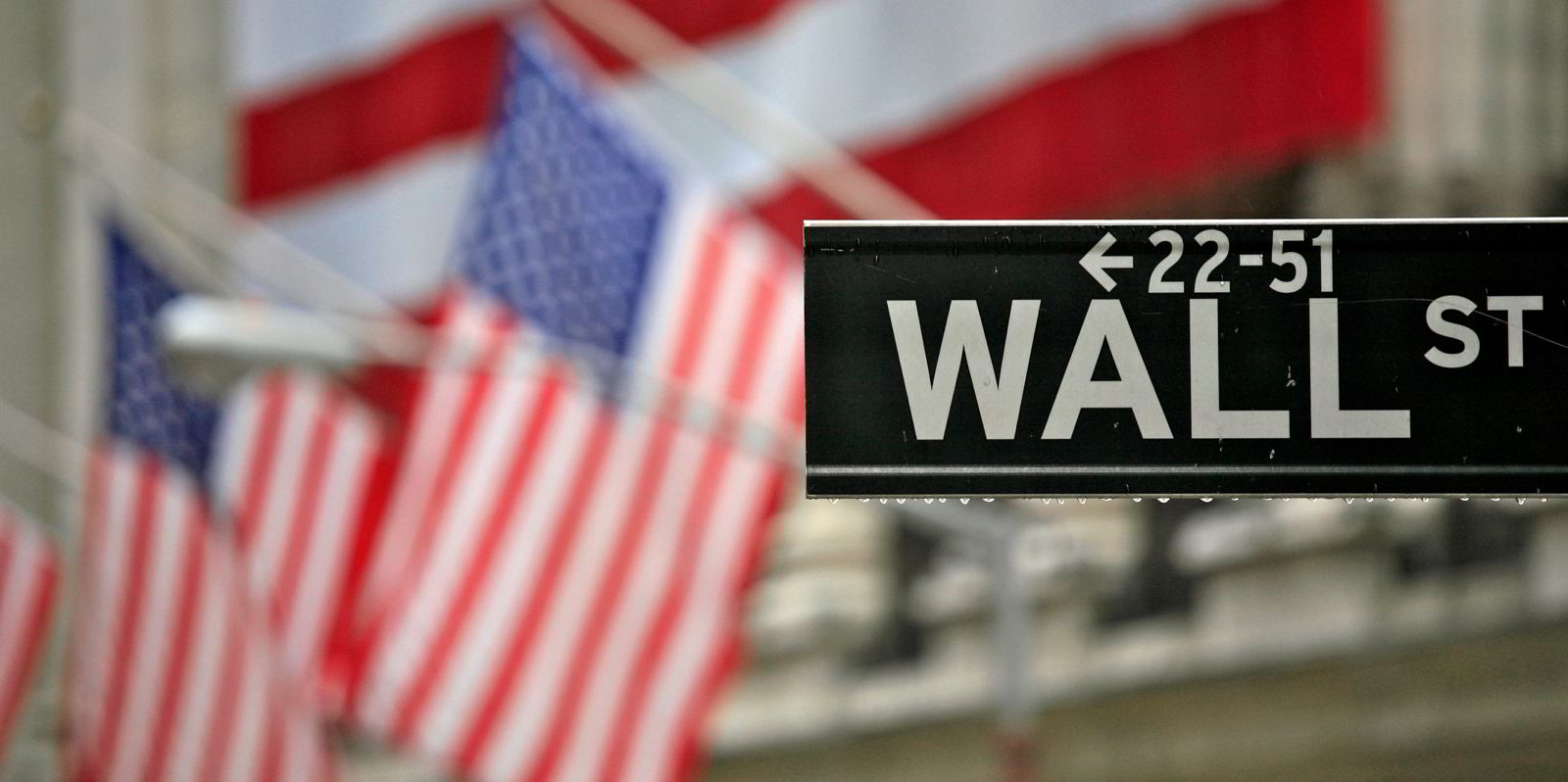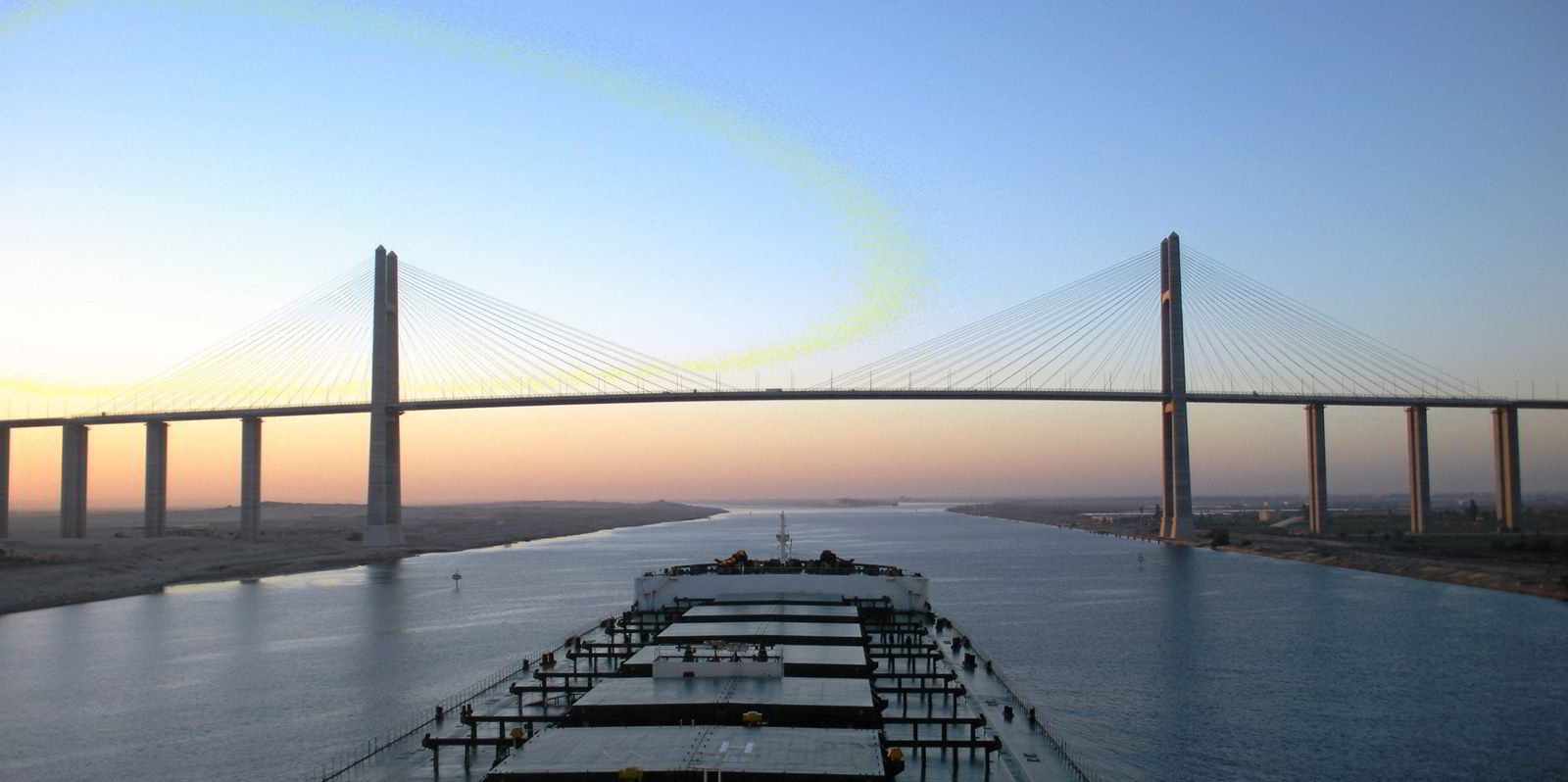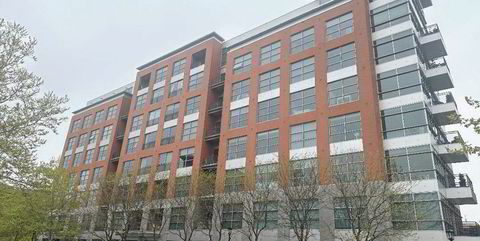Shares in publicly listed liner companies have surged on news that many of them will avoid using the Suez Canal in a move that will soak up capacity.
US-listed Israeli owner Zim was among the biggest gainers up nearly 18% at the close of trading on Friday.
In Europe, Hapag-Lloyd was another big gainer with its share price up almost 15% at the end of trading last week. Maersk Line shares were up just over 7%.
In Asia, the increases were more restrained, with companies such as Cosco Shipping, HMM and K Line up between 6 and 7% by midday on Monday.
Digital freight forwarder Flexport said CMA CGA, Maersk, MSC Mediterranean Shipping Company, Hapag-Lloyd and Zim, which have said they will avoid using the Suez Canal, account for 70% of Suez Canal-bound capacity.
“If this situation persists, in a worst-case scenario about 25% of global capacity would be removed from the market as vessels are forced to sail around the Cape of Good Hope, extending transit times and lengthening the amount of time it takes for each vessel to complete its voyage,” Flexport said.
Peter Sand, chief analyst at Xeneta, said it is already evident that liner operators and owners are choosing to reroute vessels away from the Red Sea and Gulf of Aden regions.
“Due to the importance of the Suez Canal to global supply chains, even a small disruption can have big consequences,” he said.
“The main alternative is to sail around the Cape of Good Hope, which adds up to 10 days’ sailing time for services from Asia to North Europe and East Mediterranean.
“We may also see the cost of moving freight by ocean increase dramatically. Depending on the scale and duration of any disruption at the Suez Canal, we could see ocean freight shipping rates increase by anything up to 100%.”
He does not believe that the Suez Canal will close, but warns that it cannot be ruled out if there are further significant escalations.
“We saw back in 2021 during the Ever Given incident the severe consequences of the closure of the Suez Canal,” he said. “Supply chains were plunged into chaos, and it took months to restore order.”
On Sunday, the state-controlled Suez Canal Authority attempted to downplay any impact from diversions away from the Egyptian waterway.
SCA chairman Osama Rabie said just 55 ships have diverted to use the Cape of Good Hope route between Europe and Asia rather than the canal since 19 November 2023.
“So far, that’s a small proportion of the 2,128 vessels that crossed Egypt’s waterway in the same period,” he said.






